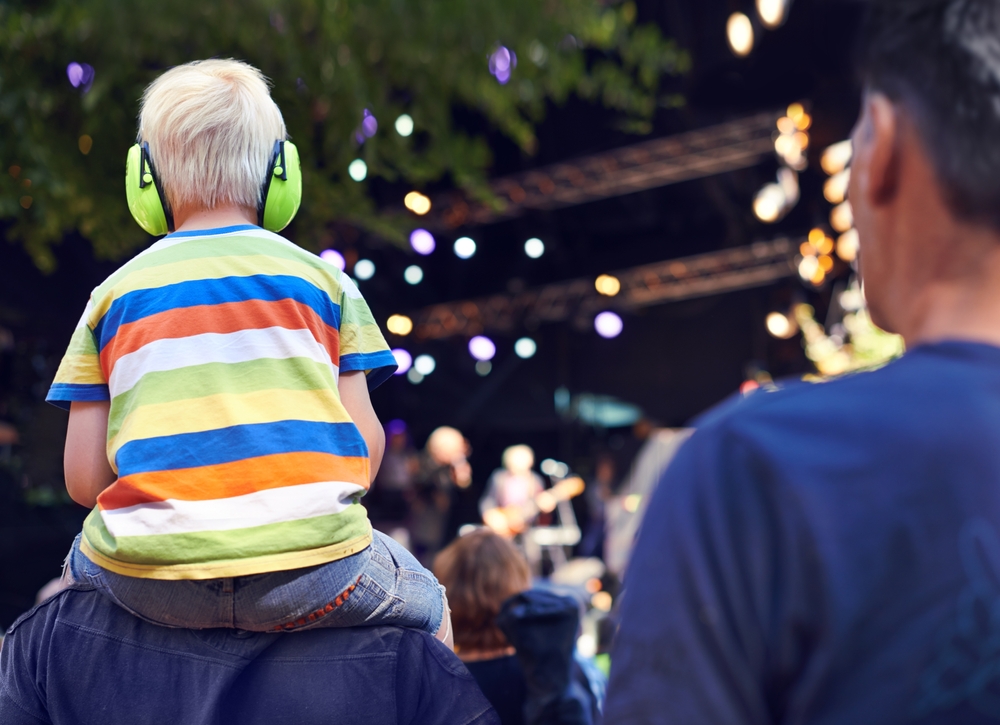
Hearing loss is often seen as an inescapable part of aging, but the truth is that much of it can be prevented. In reality, damage from recurring exposure to loud noise is also a leading factor. Every exposure to loud sounds, whether at a concert, mowing the lawn, or through loud earbuds, accumulates over time, resulting in permanent hearing loss. Perilously, this issue is not confined to older adults; even children are now showing signs of preventable hearing damage.
Around 34 million kids around the world are experiencing hearing loss, and up to 60% of these cases are avoidable. The number of instances in adults is even more startling and desperately needs to be addressed.
Hearing loss’s current contributing factors
Recognizing today’s factors that contribute to hearing loss is significant in knowing why it has become so much more common. Several factors contribute to this issue, each interrelated and increasing the risk of hearing damage:
- Technological Advancements: Possibly the most substantial factor in the rise of hearing loss is the popular use of personal audio devices. Earbuds and headphones have made it more convenient than ever to listen to music, podcasts, and videos. However, the closeness of these devices to the ear, coupled with the tendency to increase the volume, can cause significant damage. The damage is usually subtle, accumulating over time until it becomes noticeable and irreversible.
- Urbanization and Population Density: The world’s cities are more heavily populated than ever before. Along with that bigger population comes a louder environment. This elevated urban noise, from traffic to construction, has a big impact on the rising incidence of hearing loss.
- Social Environments: Modern social environments, such as restaurants and bars, are usually excessively loud. Lots of social establishments have implemented the strategy of raising their volume levels to give the impression of increased success. Cumulative hearing damage can be the outcome of the background noise in these places, even if there is no live music.
From roaring waterfalls to clattering steam engines, humans have always had to deal with loud noises, but in the modern world, new difficulties have arisen. Today’s noise levels, together with the accessibility of technology, create a perfect storm for hearing loss.
What are some practical steps to prevent hearing loss?
Why hearing loss remains such a widespread issue is somewhat a mystery considering how preventable most forms are, particularly in children. The key to prevention is all about personal responsibility and awareness. Here are some effective approaches to help maintain optimal hearing health:
- Be Cautious of Moderate Noise Exposure: While the clear-cut hazard to hearing is exposure to loud noise, moderate noise can also be a risk if you’re exposed to it over long periods of time. As an example, over time, city noise can cause damage even if it doesn’t seem overly loud. Knowing that noise damage is cumulative is crucial for taking proactive steps to protect your ears.
- Track Your Earbud Volume: Personal audio devices, such as earbuds, are a convenient way to listen to music and other audio content, but they pose a considerable risk if used irresponsibly. If your device includes a noise limit setting, you can use it to safeguard your ears from damaging sound levels. Taking the time to adjust these settings can prevent long-term damage to your hearing.
- Leverage Technology for Hearing Protection: A number of apps are available that can determine ambient noise levels and supply real-time feedback on whether your environment is safe for your ears. Using these tools can help you be more tuned in to your environment and hearing hazards it may pose.
- Utilize Ear Protection: If you’re planning to be in a loud environment, like a concert, or while running noisy machinery such as a lawnmower, using hearing protection is essential. Earplugs and earmuffs are readily available and can significantly decrease the risk of hearing damage. This simple step is frequently neglected but can make a profound difference in protecting your hearing.
The power of knowledge in hearing protection
For those working in noisy environments like factories or stadiums, protecting hearing can be more challenging. But the health of worker’s hearing is being protected by safety regulations that can be somewhat strict. Becoming familiar with these regulations and ensuring they are implemented can prevent occupational hearing loss.
You will ultimately be better capable of protecting your hearing by being more informed. Your knowledge base should include knowing your environment, workplace policies, and willingness to seek advice from a hearing specialist if necessary.
Consulting with us can supply valuable insights into your current hearing health and offer personalized recommendations for safeguarding your hearing. Bear in mind, hearing loss is not an inescapable fate. It is possible to preserve the health of your hearing and, with the appropriate precautions, continue to appreciate the sounds of your life for many more years.